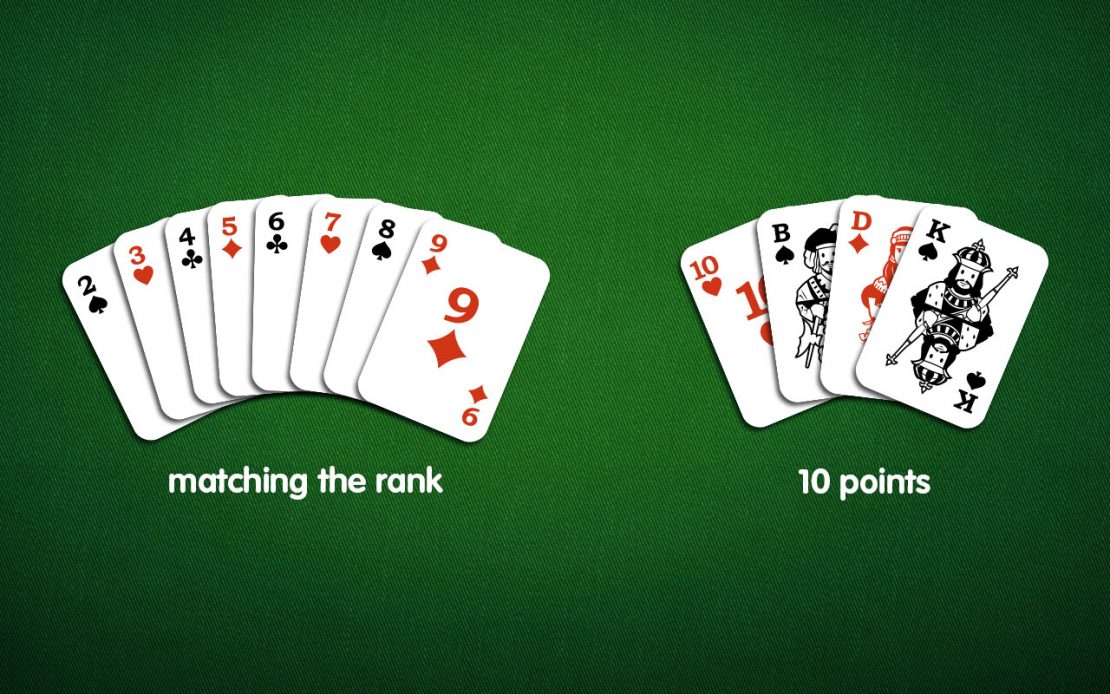
Rummy Skills That Can Be Applied in the Workplace
Rummy, a game that tests strategy, decision-making, and quick thinking, isn’t just a card game. It also teaches skills that you can use at work. These skills include planning, analyzing, and managing pressure—things you might do at a job. Whether you’re an expert rummy player or a beginner, playing the game can help you work smarter and better. This blog will highlight what are rummy skills that can be applied in the workplace.
1. Strategic Thinking and Planning
To win at rummy, you need a good plan. You need to think about your cards and play them strategically, predicting potential challenges and opportunities. At work, like in rummy, strategic thinking helps you reach your goals and tackle tough tasks. Whether it’s managing a project, launching a business campaign, or perfecting a process, strategic planning makes sure your efforts lead to the results you want. Staying ahead in business, like in rummy, requires you to plan and adjust your strategies as you see fit. Workplace Benefits:
– Employees can anticipate problems early.
– Strategic planning promotes better use of resources and proper time management.
– Teams that strategize make informed decisions that benefit them in the long run.
2. Patience and Perseverance
Rummy takes patience. Sometimes, you might have to wait for the right card. If you rush, you could make a mistake. Patience and perseverance also dictate success at work, especially when you’re dealing with hard projects or long talks. Patiently staying on course, even when tasks are slow, generally brings success. Being patient also helps you solve conflicts, deal with tricky customers, and make careful decisions. Workplace Benefits:
– Patients promote a balanced approach, reducing stress.
– Perseverance secures long-term success, even for super tough or boring projects.
– It helps build resilience and the ability to recover from challenges.
3. Time Management
Rummy is often fast-paced. Players have to make quick decisions within a set time. Managing time is a helpful skill at work just as it is in rummy. Deadlines and time pressures are common at work. Whether it’s meeting deadlines or managing lots of tasks, the ability to manage time helps you handle your workload better. Focusing on critical tasks, as in rummy, can boost productivity. Workplace Benefits:
– Workers can meet deadlines and increase productivity.
– Managing time effectively helps prevent exhaustion from overwork.
– Prioritizing ensures that you complete the important tasks first.
4. Decision-Making Under Pressure
Rummy demands quick, high-stakes decisions. Players must decide fast whether to pick or discard a card or to wait for a better one while watching other players’ moves. Quick, correct decision-making is great for work, where employees also face tight deadlines or other challenges. The ability to make correct decisions under pressure pays off in rummy and work. Learning to analyze your options and take calculated risks helps in any job. Workplace Benefits:
– It supports quick, logical thinking, promoting problem-solving.
– Employees who can decide under pressure are often dependable.
– Remaining calm and making thoughtful decisions are key skills for high-stress situations.
5. Adaptability and Flexibility
In rummy, you must adapt both to the cards you have and how other players play. Every rummy game is different, requiring flexible thinking and quick strategy changes. The skill is helpful at work, where unexpected challenges can crop up. Being adaptable allows employees to manage project changes, team shifts, or shifts in company goals. It helps you switch courses if needed and find new ways to succeed even when things don’t go to plan. Workplace Benefits:
– Adaptability lets employees excel in dynamic, changing environments.
– Flexible employees are often problem solvers and innovative thinkers.
– A positive attitude toward change, which is necessary in fast-paced workplaces, is fostered.
6. Analytical Skills
Analyzing your hand and predicting opponents’ moves is crucial in rummy. The same critical thinking applies to work situations, where analyzing data and solving problems are important for making informed decisions. Be it interpreting business data, studying financial reports, identifying trends—great analytical skills enable you to deconstruct complex information and utilize it. Both in work and rummy, careful analysis leads to better decision-making and successful outcomes. Workplace Benefits:
– Employees can decide based on data, bringing a positive impact.
– It boosts problem-solving abilities and minimizes errors.
– Analytical skills help find opportunities for improvement.
7. Concentration and Focus
Rummy demands constant focus. Even a short distraction can lead to missed chances or blunders. At work, too, focusing on what you’re doing is crucial for delivering high-quality work and meeting deadlines. In a world of distractions, maintaining concentration can be a unique and valuable skill. Enhancing focus can lift productivity and help you deliver top-notch results. Workplace Benefits:
– Focused employees often work efficiently and produce better results.
– Concentration prevents mistakes, ensuring high-standard, error-free work.
– Staying focused aids in managing time effectively and minimizing distractions.
8. Teamwork and Collaboration
Even though rummy is competitive, it also involves team play in some versions. You must work together with other players to reach common goals. Similarly, collaborating with colleagues at work is crucial for project success and team initiatives. Effective communication, sharing ideas, and team support offer an advantage in rummy as well as the workplace. A collaborative work environment boosts productivity and nurtures a positive work atmosphere. Workplace Benefits:
– Teamwork encourages a cooperative work culture, leading to increased productivity.
– Efficient team members can solve problems more effectively.
– Sharing of ideas is promoted through teamwork, sparking innovation.
9. Risk Management
In rummy, you may choose to take calculated risks — to chase a high-value set or play safe with what you have. At work, too, decisions can involve risks. Weighing the risks and potential rewards can improve business decision-making. Calculating risk is crucial when launching a product, investing in technology, entering a new market. Determining when to take a risk and when to hold back is a crucial skill that leads to success. Workplace Benefits:
– Employees can weigh risks and rewards to make informed decisions.
– Risk management aids in minimizing potential losses and amplifying gains.
– Companies prosper from employees who calculate risks that lead to growth.
Conclusion
Playing rummy teaches you skills that you can use beyond the game, like strategic thinking, decision-making, collaboration, and adaptability. These skills can greatly enhance your work performance. Whether you’re aiming high in a corporation or running your own business, skills from rummy can help you overcome challenges, capture opportunities, and succeed. Looking to sharpen your rummy skills while having fun? Magic Rummy offers the best platform for online rummy. With its user-friendly interface, exciting game modes, and a dedicated community of players, Magic Rummy proves a great place to play and improve your rummy game.
Also Read: 6 Ways to Maintain Responsible Rummy Gaming Habits


